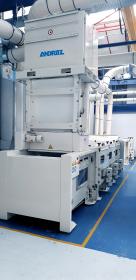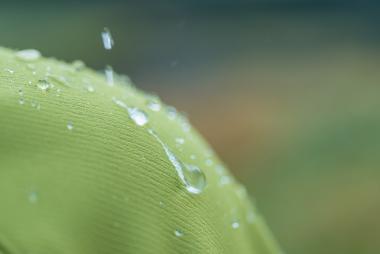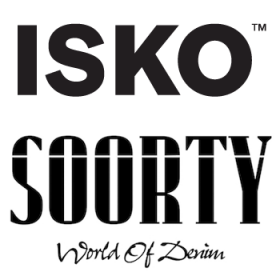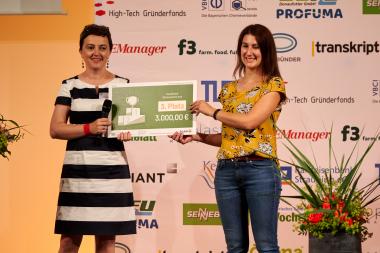Officina+39 becomes a BLUESIGN partner
Officina+39, an Italian company specialized in research and chemical application in the textile and fashion sector, has joined the BLUESIGN's network of chemical excellences.
This landmark confirms a longstanding pledge to minimize environmental impacts by envisioning and developing forefront solutions and technologies that reduce the use of energy and hazardous chemicals, while increasing waste recycling and water conservation. Together with the high-profile players involved who share BLUESIGN’s purposes, the company will work to ensure a responsible use of resources and to guarantee the highest possible degree of consumer protection.
Eager to constantly grow and improve, Officina+39 has recently extended its commitment to innovation to its own Headquarters too, by moving to a brand new facility in Biella (Italy).
Officina+39 / Menabò Group srl































